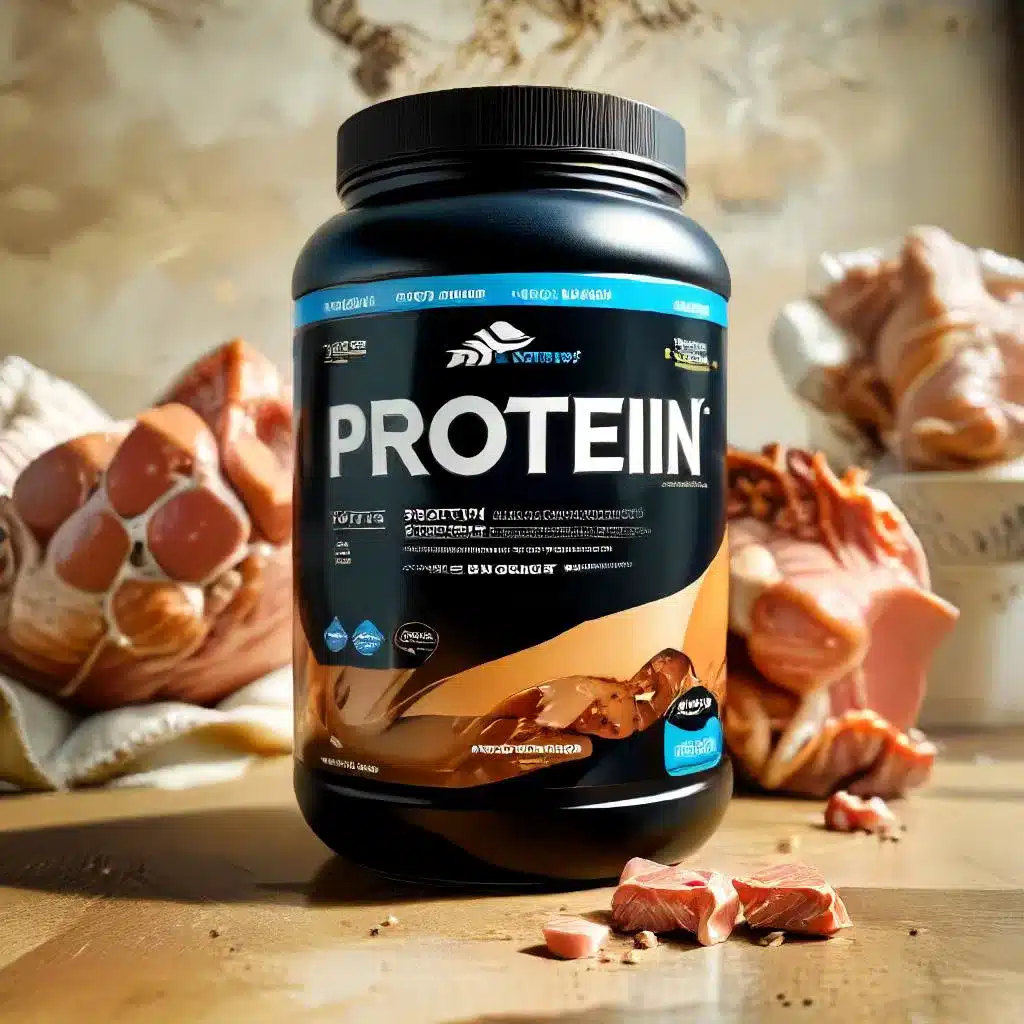Table of Contents
Bariatric surgery is a life-changing procedure designed to help individuals struggling with obesity achieve significant weight loss. While this surgery can dramatically improve your quality of life, it also requires permanent changes to your diet and lifestyle. One of the most crucial aspects of your post-surgery diet is ensuring you get enough protein.
Protein plays a vital role in your recovery after gastric sleeve Turkey. It is essential for healing, maintaining muscle mass, and ensuring overall health. Because bariatric surgery alters how your body absorbs nutrients, focusing on getting enough protein daily becomes even more critical.
Significance of Protein in Post-Surgery Recovery Protein as a Building Block
Protein is your body’s building block. It is responsible for the growth and repair of tissues, the production of enzymes and hormones, and the maintenance of healthy muscles and organs. Without sufficient protein, your body cannot function optimally.
Protein’s Role in Healing and Recovery
After bariatric surgery, your body needs extra support to heal and recover. Protein is critical for wound healing, preventing infections, and rebuilding tissues affected by the surgery.
How Protein Supports Metabolism
Protein is also essential for your metabolism. It helps you maintain muscle mass, which is vital for keeping your metabolism active and efficient, especially when losing weight rapidly after surgery.
Protein Requirements After Bariatric Surgery
After bariatric surgery, the recommended daily protein intake is typically around 60-80 grams, depending on your specific needs. Your healthcare provider will guide you on the amount you need to consume.
How Protein Needs Change After Surgery
Your body’s protein needs increase after bariatric surgery due to the reduced stomach size and altered digestion. Since your stomach can hold less food, it’s essential to prioritize protein in the smaller amounts of food you eat.
Sources of Protein for Bariatric Patients
Good protein sources include lean meats, fish, eggs, dairy products, and plant-based proteins like beans and legumes. Many patients also rely on protein supplements, such as shakes and powders, to meet their daily requirements.
Consequences of Inadequate Protein Intake
Muscle Loss
Muscle loss is one of the most significant risks of insufficient protein. As your body breaks down fat, it may also start breaking down muscle if it doesn’t get enough protein, leading to loss of strength and vitality.
Impaired Healing and Recovery
Without sufficient protein, your body’s ability to heal wounds and recover from surgery is compromised. This can result in prolonged recovery times and an increased risk of complications.
Hair Loss and Brittle Nails
Protein is also crucial for healthy hair and nails. A lack of protein can lead to hair thinning or loss and brittle, weak nails.
Nutrient Deficiencies
Not getting enough protein can also contribute to deficiencies in other essential nutrients. Protein helps your body absorb and utilize vitamins and minerals, so lacking it can lead to broader nutritional issues.
Difficulty in Maintaining Weight Loss
Protein helps you feel full and satisfied, making it easier to stick to your diet and lose weight. Without enough protein, you might struggle with hunger and cravings, which can lead to overeating.
Increased Risk of Regaining Weight
If you lose muscle mass due to inadequate protein intake, your metabolism can slow down, making it easier to regain your lost weight. Maintaining muscle mass is crucial for keeping the weight off in the long term.
Impact on Metabolism and Fat Loss
A lack of protein can negatively impact your metabolism, reducing your body’s ability to burn fat efficiently. This can hinder your weight loss progress and make it more challenging to reach your goals.
Strategies to Ensure Adequate Protein Intake
Meal Planning Tips
To meet your protein needs, plan your meals around protein-rich foods. Focus on eating protein first during meals and incorporate small, frequent meals throughout the day to ensure you’re getting enough.
Incorporating Protein Supplements
Protein supplements can be a convenient way to boost your intake, especially if you’re struggling to eat enough through food alone. Protein shakes, powders, and bars can help you meet your daily goals.
Regular Monitoring and Follow-Up
Regular check-ups with your healthcare provider are essential to monitor your protein levels and overall nutrition. Blood tests can help identify any deficiencies early on, allowing you to make necessary adjustments.
Protein is essential after bariatric surgery for healing, maintaining muscle mass, and supporting long-term weight loss goals. You may experience muscle loss, impaired recovery, and difficulty maintaining weight without enough protein.
By prioritizing protein in your diet and working with your healthcare team, you can get the nutrition you need for a successful recovery and a healthier future.
Ready to take the next step in your health journey? Visit Flymedi to compare top-rated clinics, read real patient reviews, and find the best options for your gastric sleeve surgery. Start your journey towards a healthier you today—discover trusted clinics at Flymedi!


